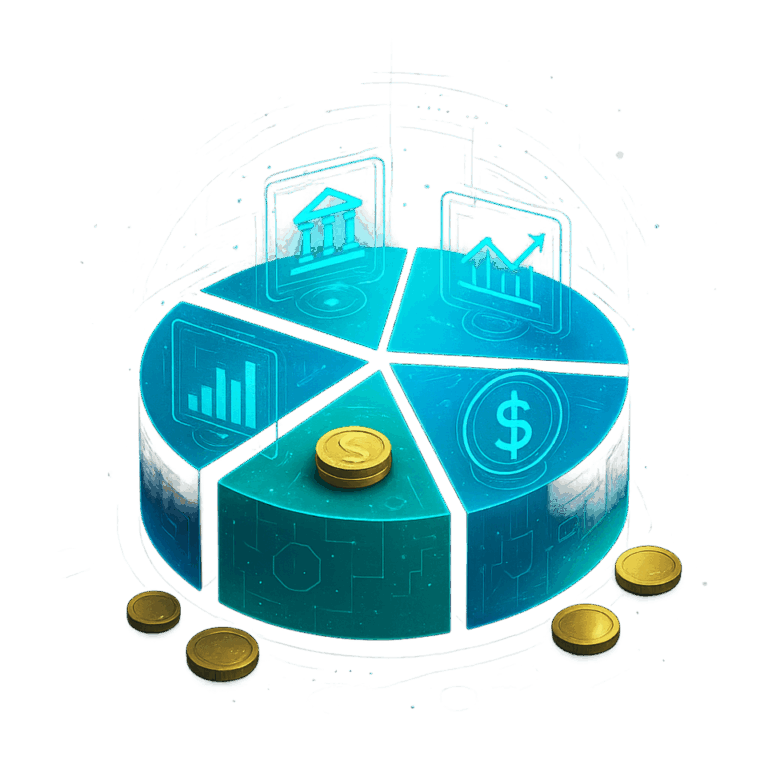Financial security is not only about investing or retirement planning; it begins with having a safety net in place. An emergency fund serves as the cornerstone of stability in personal finance. It provides individuals and families with the ability to handle unexpected events such as job loss, medical bills, or urgent home repairs without falling into debt. While the concept may seem simple, its importance cannot be overstated, as it creates resilience and confidence in managing both short-term challenges and long-term goals.
What Is an Emergency Fund
An emergency fund is money set aside specifically to cover unexpected expenses that are not part of regular budgeting. Unlike investment accounts or retirement funds, emergency savings are meant to be highly accessible and low-risk. They are typically held in savings accounts, money market accounts, or other secure financial instruments where they can be quickly accessed without penalties. The goal is not to generate high returns but to provide immediate financial relief in times of crisis.
Why Emergency Funds Matter
Life is unpredictable, and financial setbacks can occur at any moment. Without an emergency fund, individuals often turn to credit cards or loans, which can lead to long-term debt and financial stress. An emergency fund prevents this cycle by offering a buffer that covers essential expenses such as rent, groceries, and utilities. Beyond financial protection, having emergency savings also provides peace of mind, allowing people to make decisions without the constant worry of how to manage unforeseen costs.
How Much Should Be Saved
There is no universal rule for how much an emergency fund should contain, but financial experts often recommend saving between three to six months of living expenses. The right amount depends on factors such as job stability, household size, and existing financial obligations. For individuals with irregular income or dependents, building a larger emergency fund may be more appropriate. The key is to gradually build savings over time rather than trying to achieve the full target immediately.
Building an Emergency Fund
Creating an emergency fund requires discipline and consistency. The process begins with budgeting to identify areas where money can be redirected into savings. Automating transfers to a dedicated account ensures that contributions are made regularly without relying on willpower. Even small amounts, saved consistently, can accumulate into meaningful protection. Over time, the habit of saving becomes a cornerstone of financial stability.
Where to Keep an Emergency Fund
Accessibility and safety are the most important factors when deciding where to keep an emergency fund. High-yield savings accounts provide interest while maintaining liquidity. Money market accounts or short-term certificates of deposit can also be options, though they may have limited access compared to a standard savings account. What matters most is that the funds are not tied up in investments that could lose value or take time to liquidate.
Challenges in Maintaining an Emergency Fund
Building and maintaining an emergency fund is not without challenges. Competing financial priorities, such as paying off debt or investing, may make it difficult to allocate money for emergencies. Inflation can also erode the value of savings over time if the funds are not placed in interest-bearing accounts. Additionally, the temptation to use emergency savings for non-urgent expenses can undermine the purpose of the fund. Establishing clear rules for when to use it helps preserve its integrity.
Emergency Funds and Long-Term Planning
An emergency fund is not only about short-term protection but also about enabling long-term success. By shielding individuals from financial shocks, it prevents setbacks that could derail retirement savings, investments, or debt repayment plans. It also allows for greater flexibility in life decisions, such as changing jobs, pursuing education, or handling family needs. In this way, an emergency fund supports both stability and growth in broader financial planning.
Conclusion
An emergency fund is one of the simplest yet most powerful tools in personal finance. It provides security against unexpected costs, reduces reliance on debt, and supports long-term financial goals. While building such a fund takes time and commitment, its benefits extend far beyond the immediate relief it provides. By prioritizing an emergency fund as part of a comprehensive financial strategy, individuals can create a foundation of stability that protects them in uncertain times and strengthens their path toward financial independence.



